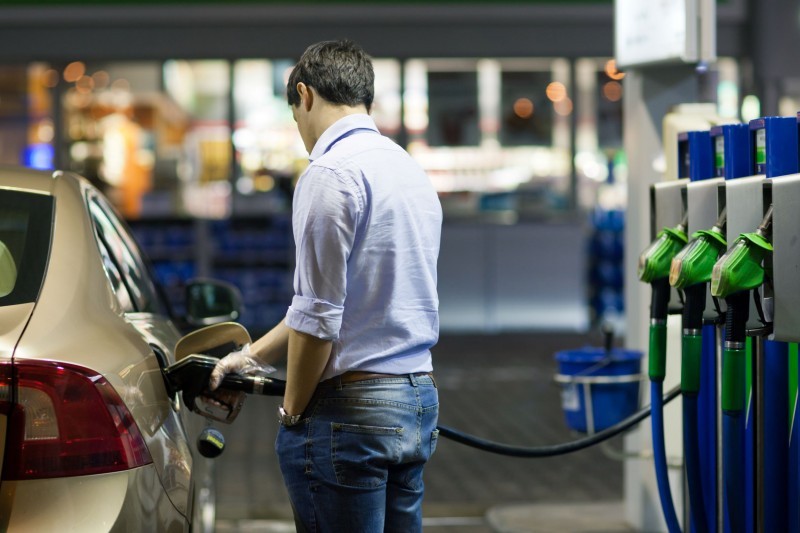article_detail
Date Published: 10/03/2022
ARCHIVED - Pump sales on the Costa Blanca driven down by petrol price hikes
Service stations in the Valencia region are reporting a reduction in fuel sales of up to 15%

Motorists on the Costa Blanca are continuing to feel the pinch as petrol and diesel prices go through the roof, with the cost of filling an average tank soaring to between 70 and 100 euros.
And the price hike is driving down sales at the pumps, with petrol stations reporting a reduction in sales of between 10 and 15% as consumers cut back on refuelling.
The drop in sales began at the end of February, according to the president of the Association of Service Stations (APES) of Valencia, José Luis Tort, and at first it was attributed to the "payroll effect" as happened in the economic crisis of 2008 with decreases in spending at the end of the month.
But the trend has continued into March with motorists "reducing fuel consumption to the bare minimum".
"Filling the tank now costs at least 70 euros, but many people are just spending around 20 euros each time due to the high prices," said Tort, adding that service stations fear prices will continue to rise as a result of the war in Ukraine, and face "weeks of uncertainty".
"Prices are so high that you can't accumulate fuel because of the limited infrastructure. This uncertainty follows a period during the pandemic when service stations, which were considered an essential service, experienced reduced sales due to mobility restrictions."
And worryingly, the APES president has not ruled out the possibility of petrol station closures if the situation continues. Since Russia invaded Ukraine the price of diesel has risen by almost 20% and petrol by around 10%, "an escalation in which everything points to further increases", he warned.
The price evolution shows that from March 1 to 7, diesel has risen from 1.48 euros per litre to 1.65, and petrol from 1.65 to almost 1.75, according to APES.
In the Valencia region there are some 1,200 petrol stations with 4,500 employees, and service station owners are now calling on the government to lower taxes to compensate for the drop in demand, as has been done in Poland, Portugal and France.
The call for lower VAT is already visible at service stations in the Valencia region, where information boards provide a breakdown of the price of petrol: 50% is tax (21% VAT and excise duties) and 44.5% represents the cost of the product, with only 5.5% for other costs such as transport, petrol station charges and wages.
For example, if the fuel costs 1.80 per litre, 90 cents goes to taxes, 80 cents to product cost and 10 cents to the station.
"First we are explaining to customers that we offer energy in the same way as electricity companies, and VAT was reduced in that sector, and then we plan petition the government," said APES.
Image: Archive
Loading
Sign up for the Spanish News Today Editors Roundup Weekly Bulletin and get an email with all the week’s news straight to your inbox
Special offer: Subscribe now for 25% off (36.95 euros for 48 Bulletins)
OR
you can sign up to our FREE weekly roundup!
Read some of our recent bulletins:
Discount Special Offer subscription:
36.95€ for 48 Editor’s Weekly News Roundup bulletins!
Please CLICK THE BUTTON to subscribe.
(List price 3 months 12 Bulletins)
Read more stories from around Spain:
Contact Spanish News Today: Editorial 966 260 896 /
Office 968 018 268



































